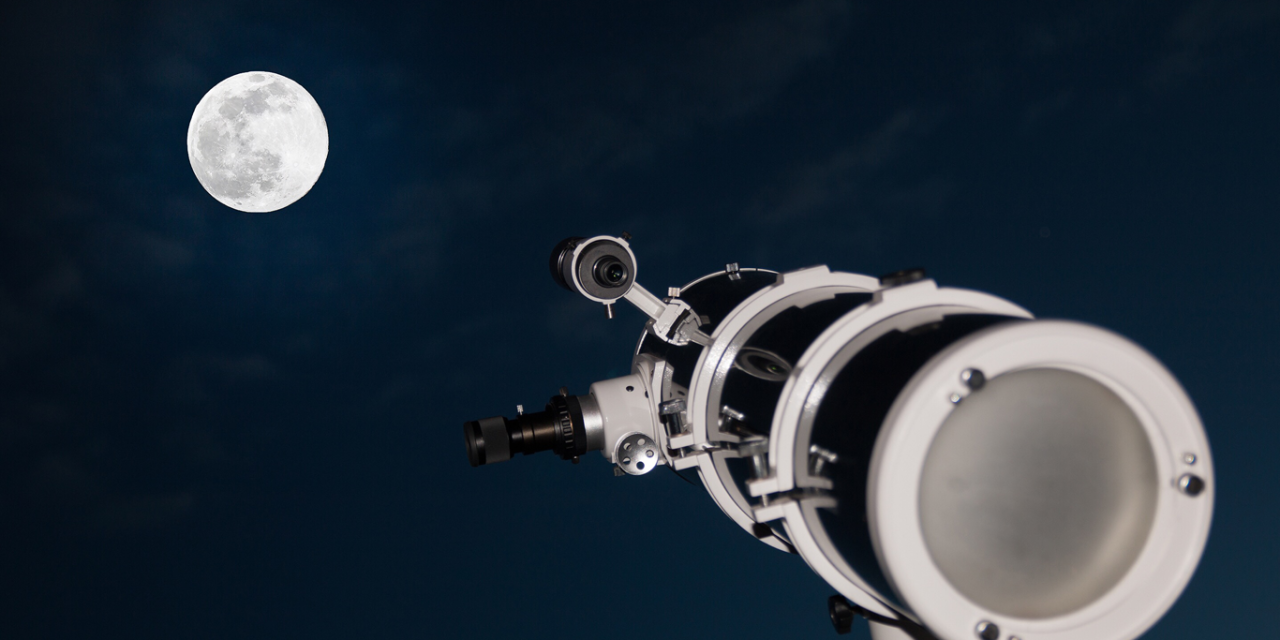Rolls-Royce has been awarded a fresh £2.9m by the UK Space Agency to build a nuclear reactor for a future moon base, following a £249,000 study that was also funded by the agency last year. The Micro-Reactor programme is investigating how nuclear power could provide energy for a full-time moon base, supporting communications, life-support, and experiments. It’s hoped that this could enable a permanent human presence on the moon and make space exploration more sustainable in the long-term.
The project is still in its early stages, but the British firm is aiming to have a reactor ready by 2029. To achieve this, it’s collaborating with several universities including Oxford, Bangor, Sheffield, and Brighton. The reactor being developed will be compact, lightweight, and able to operate in extreme conditions. Rolls-Royce aims to revolutionize human life on the moon by providing a reliable and long-term energy source, which is crucial for establishing a permanent lunar presence.
Dr. Paul Bate, Chief Executive of the UK Space Agency, said, “This innovative research by Rolls-Royce could lay the groundwork for powering a continuous human presence on the moon, while enhancing the wider UK space sector, creating jobs and generating further investment.” The UK government believes that the country’s space industry is worth £16bn, and the Rolls-Royce project could create jobs and generate further investment in the sector.
The work on the lunar base comes as humans prepare to return to the moon for the first time in over 50 years. The Rolls-Royce project is part of the wider effort to explore the potential of space exploration and habitation, and the UK government is committed to supporting the country’s burgeoning space sector. Science Minister George Freeman said, “Space exploration is the ultimate laboratory for so many of the transformational technologies we need on Earth: from materials to robotics, nutrition, cleantech, and much more.” He added that the project was another sign that the UK is a “major force in frontier science”.















